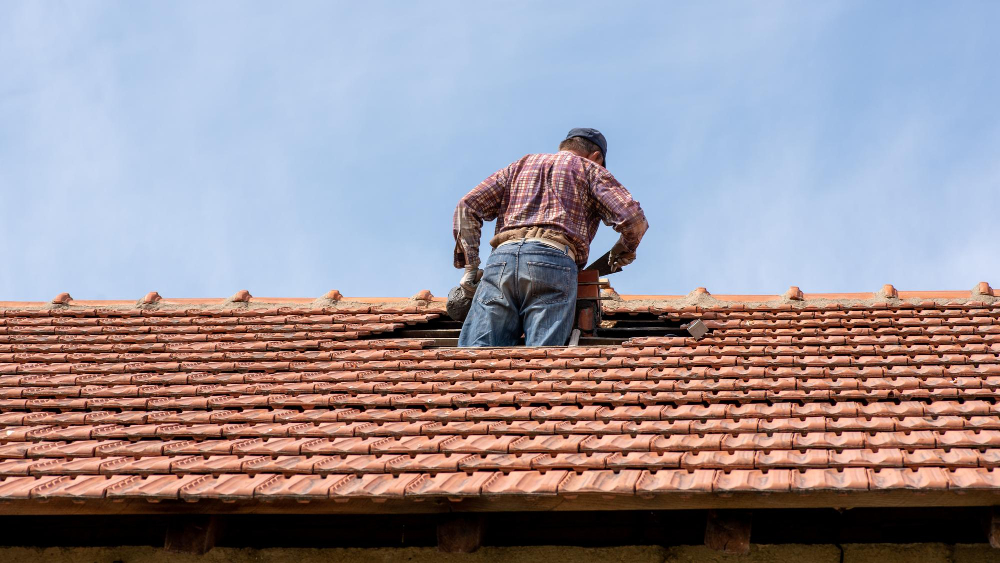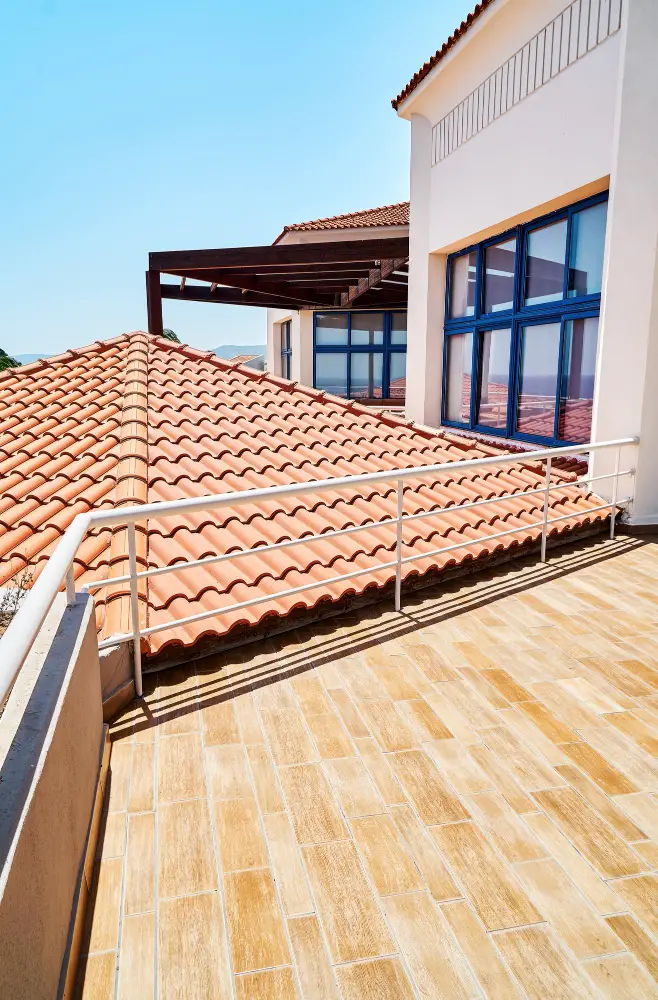Your roof is one of the most critical components of your home’s structure. It provides protection against the elements, insulates your home, and contributes to its overall aesthetic appeal. However, over time, even the most well-built roofs will require upgrades or replacements due to wear and tear, damage, or aging.
When it comes to upgrading your roof, there are several factors to consider to ensure a successful and long-lasting construction project. In this article, we’ll discuss seven practical construction tips to guide you through the process if your roof needs an upgrade.
Hire a Reputable Contractor

When it comes to hiring a contractor for your roofing project, thorough research and careful consideration are paramount. Roofing projects are complex and require specialized skills and equipment, making the choice of contractor crucial to the success of the endeavor, professionals from www.alamoroofingcontractors.com explain.
It’s imperative to seek out a reputable contractor with a proven track record in roof upgrades. Start by researching local contractors, reading reviews, and seeking recommendations from trusted sources such as friends or family members.
Additionally, verify the contractor’s credentials, licenses, and insurance coverage to ensure they meet industry standards and regulations. A reliable contractor will not only deliver quality workmanship but will also prioritize safety throughout the construction process, giving you peace of mind and confidence in the outcome of your roof upgrade project.
Assess the Current Condition
Before diving into any construction project, it’s essential to assess the current condition of your roof thoroughly. Look for signs of damage such as cracked or missing shingles, water stains on the ceiling, or sagging areas. Inspect the attic for signs of moisture or leaks. Understanding the extent of the damage will help you determine whether a repair or a full replacement is necessary.
Choose the Right Materials

When upgrading your roof, selecting the right materials is crucial for its longevity and performance. Consider factors such as durability, weather resistance, energy efficiency, and aesthetic appeal.
Asphalt shingles are a popular and cost-effective option, while metal roofing offers durability and longevity. Other options include wood shakes, clay tiles, and slate. Consult with a roofing professional to determine the best material for your specific needs and budget.
Consider Ventilation and Insulation
Proper ventilation and insulation are crucial components of a well-functioning roof system. Inadequate ventilation can lead to moisture buildup, which can cause mold growth and damage to the roof structure. Similarly, insufficient insulation can result in heat loss during the winter and heat gain during the summer, leading to increased energy costs.
Work with your contractor to ensure that your new roof is adequately ventilated and insulated to optimize energy efficiency and comfort.
Plan for Inclement Weather
Weather can significantly impact construction schedules, so it’s crucial to plan for potential delays caused by rain, snow, or high winds. Before scheduling your roof upgrade, carefully consider the weather forecast and collaborate with your contractor to develop a contingency plan.
This plan should outline temporary protective measures, like using tarps or scaffolding, to mitigate water damage and ensure the safety of workers in case of unexpected weather events. By anticipating and preparing for inclement weather, you can minimize disruptions to your project timeline and ensure a smooth and successful roof upgrade process.
Budget Wisely
Roof upgrades can be a significant investment, so it’s essential to budget wisely to avoid overspending. Obtain multiple quotes from different contractors and compare prices, but don’t sacrifice quality for a lower cost. Factor in additional expenses such as permits, materials, labor, and any unforeseen repairs that may arise during the project. Create a detailed budget and stick to it to prevent financial strain.
Maintain Regular Maintenance
Once your new roof is installed, regular maintenance is key to preserving its integrity and extending its lifespan. Schedule annual inspections to check for any signs of damage or deterioration and address issues promptly.
Clean gutters and downspouts regularly to prevent water buildup and ensure proper drainage. Trim overhanging branches to prevent damage from falling debris. By investing in regular maintenance, you can protect your investment and avoid costly repairs down the line.
Upgrading your roof is a significant undertaking that requires careful planning and execution. By following these practical construction tips, you can ensure a successful roof upgrade project that enhances the beauty, durability, and functionality of your home.
Remember to assess the current condition of your roof, choose the right materials, hire a reputable contractor, prioritize ventilation and insulation, plan for inclement weather, budget wisely, and maintain regular maintenance. With proper planning and attention to detail, you can enjoy a safe, secure, and long-lasting roof for years to come.
Related Stories
- Practical Tips to Follow If You Want to Take Proper Care of Your Roof
- Ensure a Successful Roofing Project by Taking These Steps
- The Importance of Hiring a Professional Roofing Contractor
- Roof Resilience: The Key to Home Protection and Peace of Mind
- The Process of Roof Renovation: 6 Essential Tips You Should Follow
Recap
